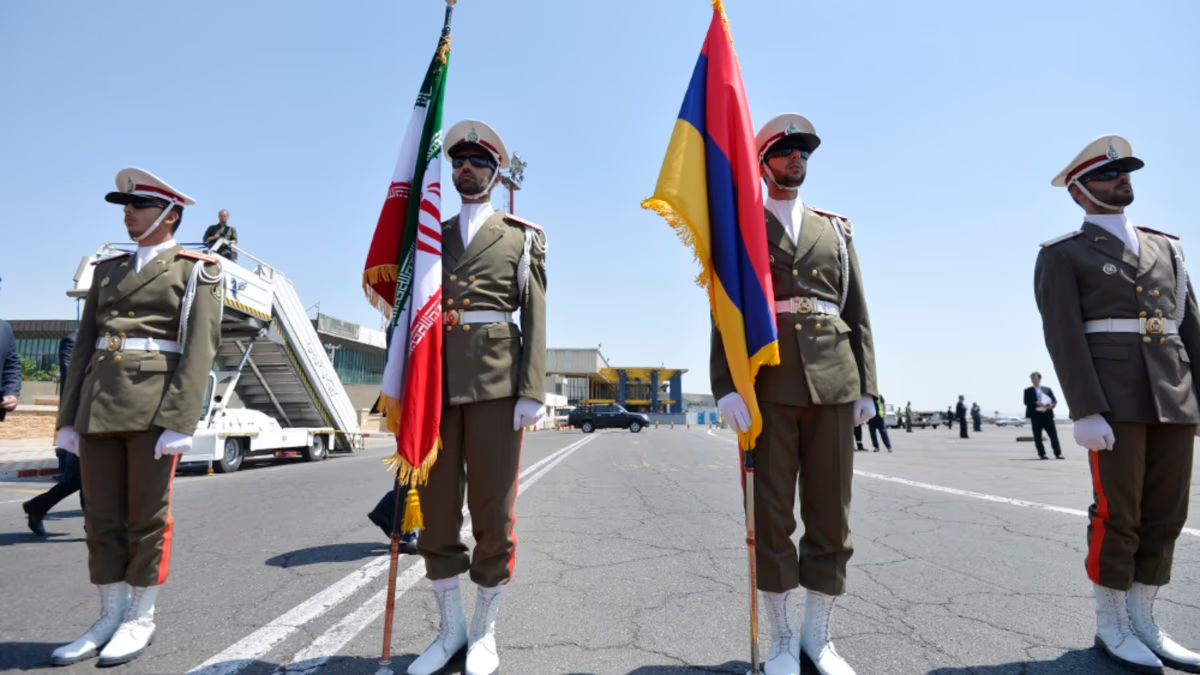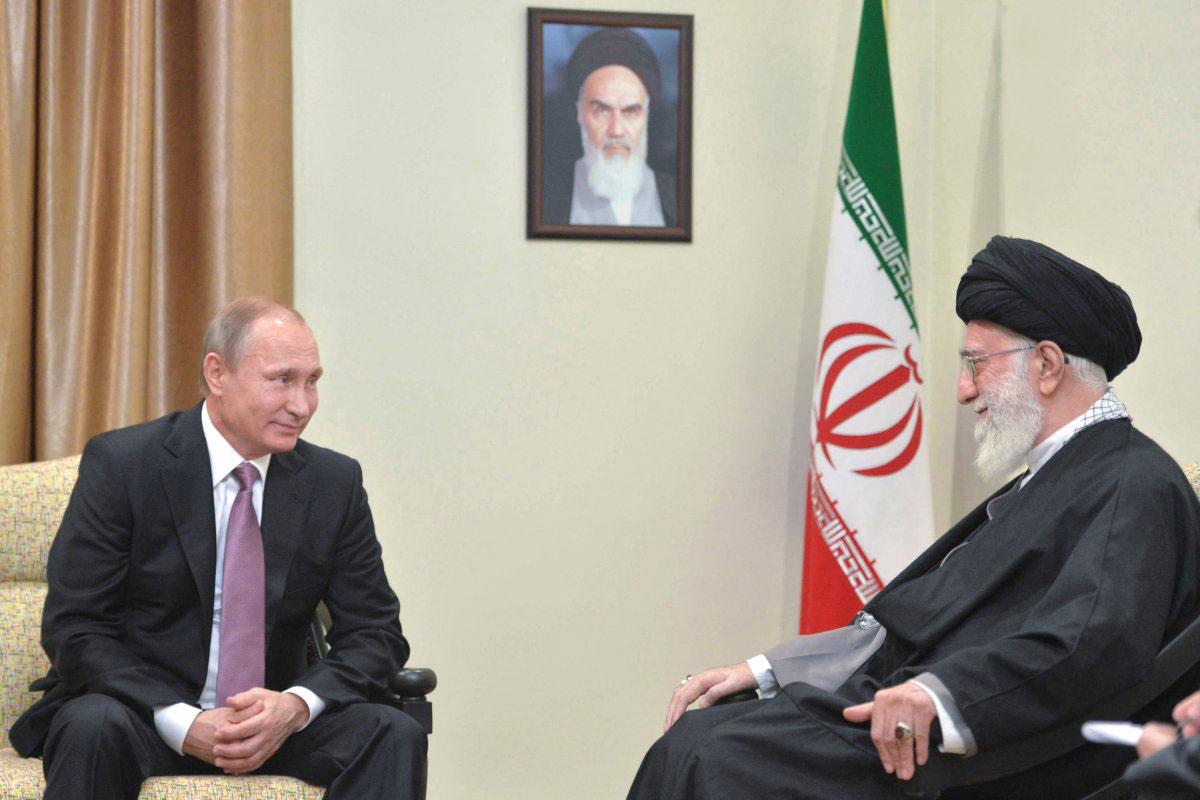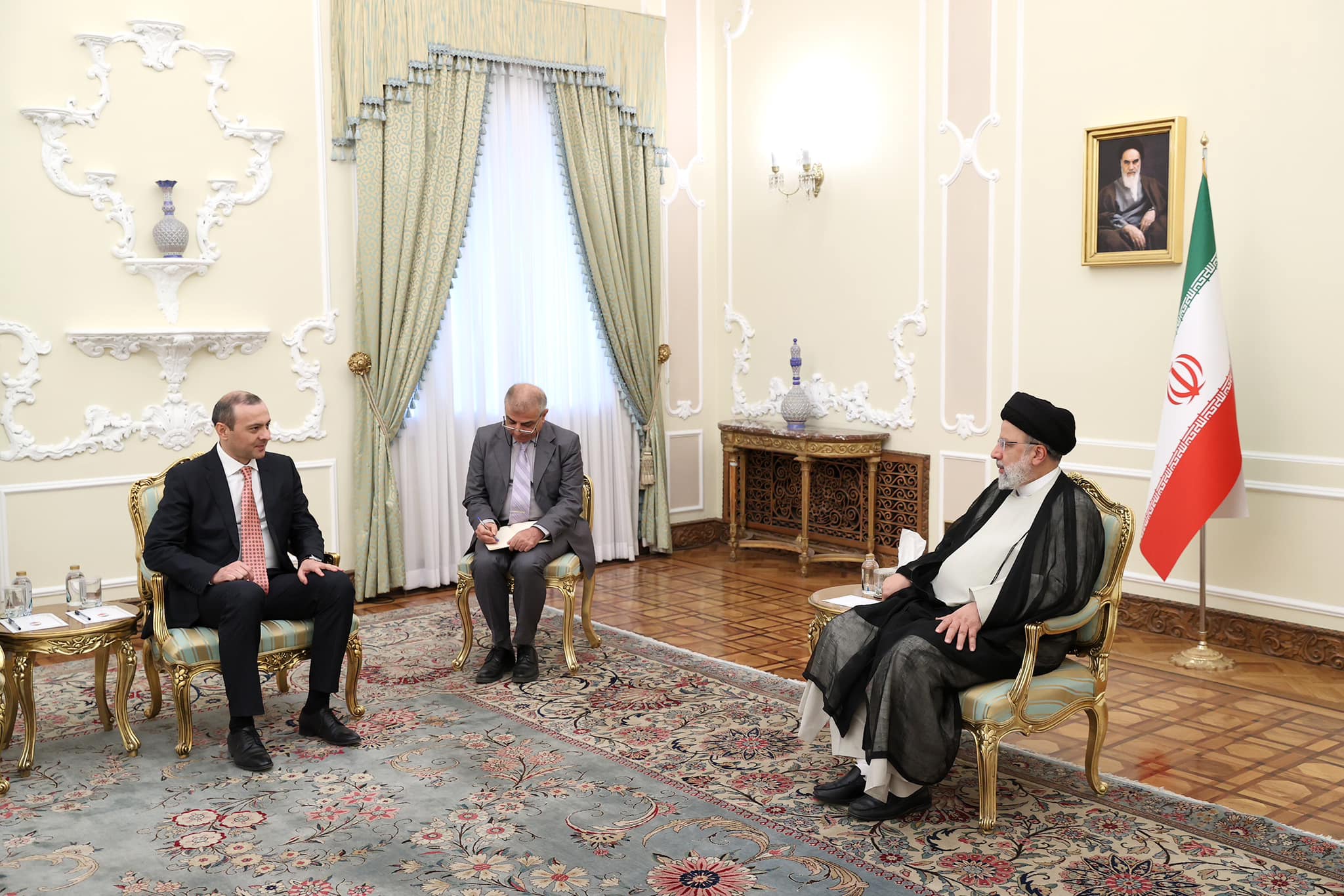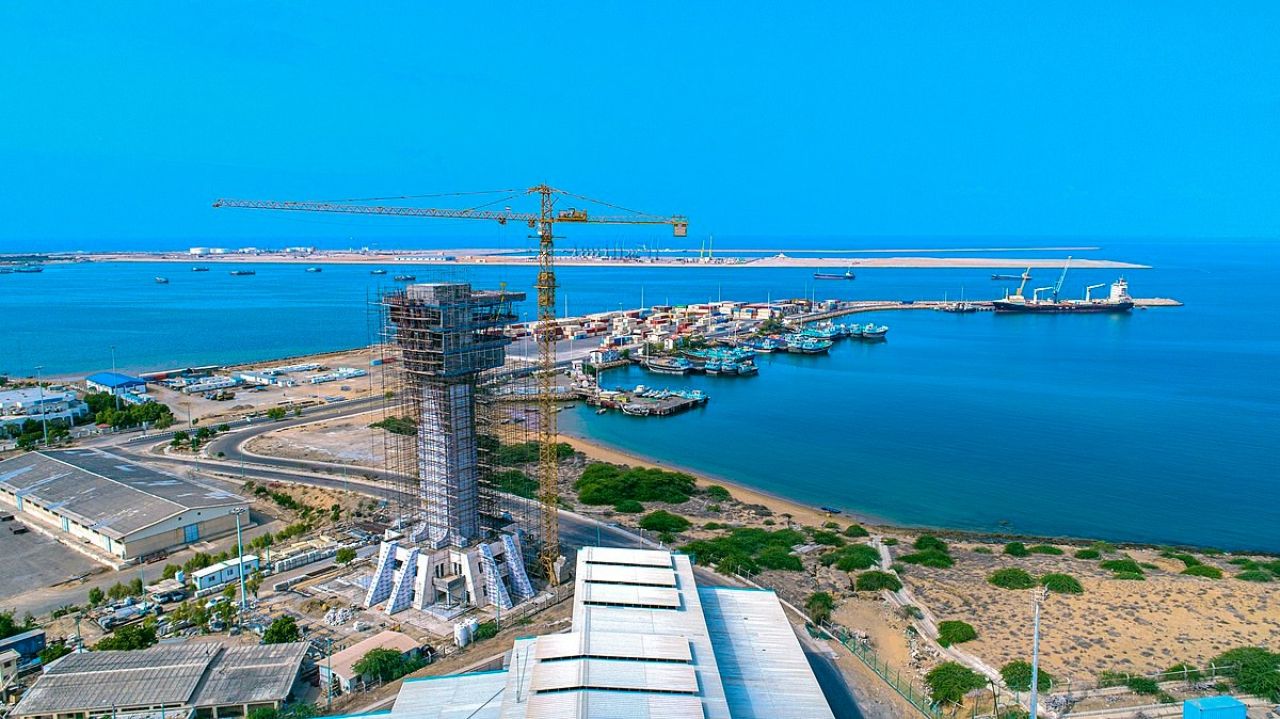'Iran and Armenia share identical position': Iran's ambassador to Armenia
Iran on EU observers and Armenia-US cooperation
“The Armenian authorities have assured the Iranian side that the purpose of the EU observer mission is to maintain stability and prevent tensions on the Armenian-Azerbaijani border. And Tehran understands this,” said Iran’s Ambassador to Armenia, Mehdi Sobhani, during a press conference.
He addressed not only the presence of EU civilian observers on Armenia’s border but also spoke positively about the establishment of a strategic partnership between Armenia and the United States. The ambassador also once again commented on the so-called ‘Zangezur Corridor’, emphasizing that Tehran’s stance on the issue aligns with Yerevan’s approach.
“The ‘Zangezur Corridor’ will bring no benefit to either Iran or Armenia,” he stated.
The so-called ‘Zangezur Corridor’ refers to an extraterritorial route linking Azerbaijan to its exclave, Nakhichevan. Baku insists on a “corridor logic”, demanding that Armenia provide a road through its territory while relinquishing control over it. The Armenian government has consistently stated that it is willing to unblock regional transport links but firmly rejects losing sovereignty over its land.
Political analyst Ruben Megrabyan described Mehdi Sobhani’s remarks on Armenia’s cooperation with the West as groundbreaking. According to him, “a pyramid of disinformation built by certain circles has simply collapsed.” The analyst was referring to pro-Russian political forces and the media outlets under their influence.
- Op-ed: “Russia wouldn’t view withdrawal from the Armenia-Iran border crossing as a red line”
- Cooperation with Iran – a solution for Armenia, blockaded by Azerbaijan and Turkey
- “Iran’s policy towards Armenia will not change after the elections,” says the Iranian ambassador
- Will the death of Iran’s president lead to turmoil? Views from Yerevan
“We respect Armenian government’s position on diversifying its policy”
Journalists were particularly interested in Iran’s stance on Armenia strengthening ties with the European Union and the United States. They asked the ambassador about Tehran’s position on the EU observer mission monitoring Armenia’s border and the establishment of an Armenia-U.S. strategic partnership.
Mehdi Sobhani responded that Iran respects the Armenian government’s position on diversifying its foreign policy:
“The Armenian authorities have informed us that Armenia’s relations with the EU and certain European countries could also create good opportunities for Armenian-Iranian cooperation. If Armenia manages to develop its ties with the EU and uses this as a platform to advance Armenian-Iranian relations, Iran will view these efforts positively.”
Additionally, according to the ambassador, the Armenian government has assured Iran that…
- the strategic partnership document with the U.S. does not contradict Armenian-Iranian relations,
- Armenia will not take any steps that could harm Iran’s interests or bilateral ties.
“We have always managed to shield Iran-Armenia relations from external pressure. There is mutual understanding between the Armenian and Iranian governments on this matter. We are convinced that our bilateral relations serve the interests of both nations and their people. This mutual understanding allows us to navigate developments together and deepen our ties,” Sobhani stated..
“Iran opposes border changes”
Speaking about the unblocking of regional transport routes, the Iranian ambassador emphasized that this process must respect the principles of sovereignty and territorial integrity:
“Among regional countries, only Iran supports Armenia on this issue. We have no disagreements with Armenia on this matter. We share the same perspective.”
Journalists asked whether Russia’s stance, which tends to support the corridor logic, poses a challenge for Iran. In response, Mehdi Sobhani stressed that the views of other countries are not taken into consideration:
“We have clearly communicated our position to Russia and other nations. We firmly oppose the corridor logic. We are against any road that would be placed under international control. We oppose anything that would lead to border changes.”
The ambassador noted that some countries are trying to cast doubt on Iran’s stance, suggesting that Tehran has softened its position. However, Sobhani reaffirmed Iran’s firm stance, stating that this issue is directly linked to Iran’s security:
“Compare the positions of other countries with ours. If they don’t align, then we have disagreements with that country. Our priority is our national interests.”
He emphasized that Iran is categorically opposed to the use of force to resolve regional issues and advocates for diplomatic solutions.
Armenian journalists asked what steps Iran would take if its red lines were crossed and Azerbaijan attacked Armenia.
“We will make every effort and use our relationships with Azerbaijan and other countries to prevent the Caucasus region from entering a new phase of tension. Using force to open a road is unjustifiable,” he stated.
According to Mehdi Sobhani, Armenia’s defense capabilities should not be underestimated. He believes that in the event of aggression, Armenia will be able to defend itself.
Expert commentary
Political analyst Ruben Megrabyan commented on Mehdi Sobhani’s press conference during a broadcast on a local TV channel:
“The press conference of Iran’s ambassador to Armenia, Mehdi Sobhani, can be considered sensational—and for some circles, even tragic. Here’s why. Mr. Sobhani presented the official stance of Tehran on several issues critical to Armenia. And what he said turned out to be the complete opposite of the claims made by Russian and pro-Russian circles.
This concerns Iran’s position on the signing of the Armenia-U.S. Strategic Partnership Charter, the presence of EU observers on the border with Azerbaijan, and Armenia’s steps toward European integration.
Additionally, he outlined Iran’s stance on the so-called ‘Zangezur Corridor’ and Russian-Azerbaijani pressure on Armenia. He made several key points. First, Iran has no involvement in any of this. Second, it is not a supporter or ally in these matters. And third, it is firmly against it—aligning its position with that of Armenia.”
Iran on EU observers and Armenia-US cooperation






















